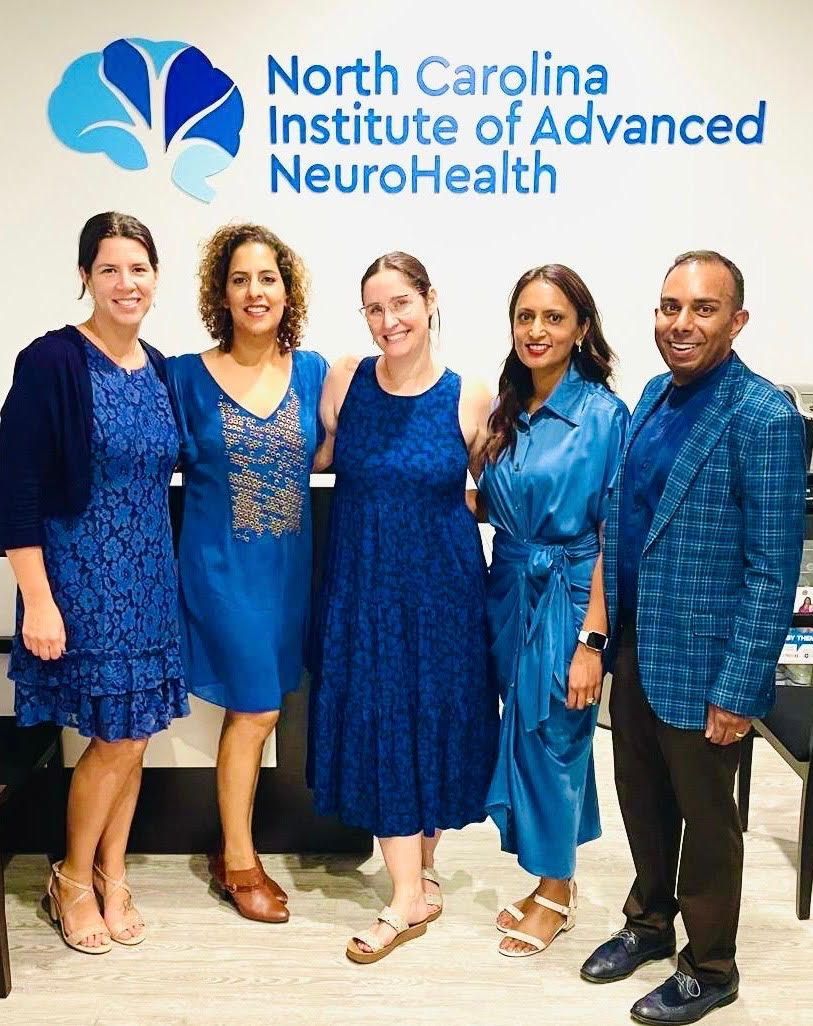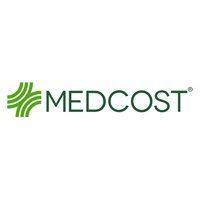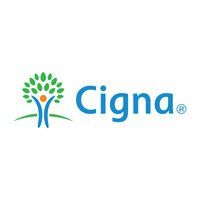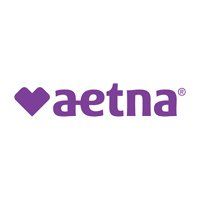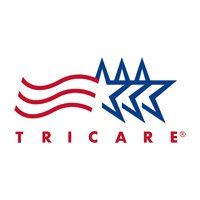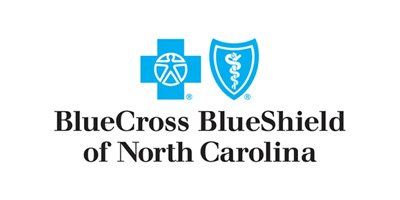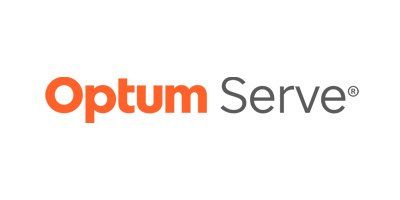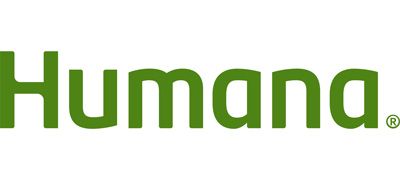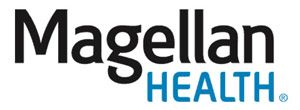Spravato vs. Antidepressants: Which One Is Right For You?
This is a subtitle for your new post

Depression is a serious and often debilitating condition that affects millions of people worldwide. It can disrupt daily life, relationships, and overall well-being. Traditional antidepressants have been a cornerstone of depression treatment for many years, but they don't work for everyone. Recently, a new treatment called Spravato (esketamine) has emerged, offering hope to those who haven't found relief with traditional medications.
Let’s explore the differences between Spravato and traditional antidepressants, and how they can impact the lives of those suffering from depression.
Traditional Antidepressants: A Brief Overview
Traditional antidepressants, such as selective serotonin reuptake inhibitors (SSRIs) and serotonin-norepinephrine reuptake inhibitors (SNRIs), work by increasing the levels of certain neurotransmitters in the brain. These chemicals, like serotonin and norepinephrine, play a key role in mood regulation. Common SSRIs include Prozac (fluoxetine), Zoloft (sertraline), and Lexapro (escitalopram). SNRIs include medications like Effexor (venlafaxine) and Cymbalta (duloxetine).
How Antidepressants Work
Antidepressants are typically taken daily in pill form. They gradually build up in the body and begin to affect brain chemistry, which can take several weeks. This delayed onset can be challenging for patients who need quick relief from their symptoms.
Limitations of Antidepressants
While many people find relief with antidepressants, they don't work for everyone. Some patients may not experience any improvement, or they might encounter significant side effects such as weight gain, sexual dysfunction, and fatigue. For those who do not respond to these medications, the search for an effective treatment can be frustrating and disheartening.
Enter Spravato: A New Hope
Spravato is a newer treatment that offers an alternative for those with treatment-resistant depression (TRD). Approved by the FDA in 2019, Spravato contains esketamine, a form of ketamine. Ketamine has been used as an anesthetic for decades and has gained attention for its rapid antidepressant effects.
How Spravato Works
Unlike traditional antidepressants, which target serotonin and norepinephrine, Spravato acts on a different neurotransmitter called glutamate. Glutamate plays a crucial role in brain plasticity, the ability of the brain to adapt and change. By targeting this pathway, Spravato can produce rapid antidepressant effects.
Administration and Monitoring
Spravato is administered as a nasal spray in a medical office or clinic under the supervision of a healthcare professional. Patients self-administer the spray and then are monitored for about two hours to ensure safety and manage any potential side effects. The treatment schedule usually involves twice-weekly sessions for the first four weeks, followed by a gradual reduction in frequency.
Comparing Spravato and Traditional Antidepressants
Speed of Relief
One of the most significant differences between Spravato and traditional antidepressants is the speed of relief. Traditional antidepressants can take weeks to show any effect, which can be a long and difficult wait for someone in distress. In contrast, many patients report feeling better within hours or days after starting Spravato.
Efficacy in Treatment-Resistant Cases
Spravato is specifically designed for people with treatment-resistant depression, meaning they have not responded adequately to at least two different antidepressants. For these individuals, Spravato offers a new hope when other options have failed. Traditional antidepressants, while effective for many, may not provide relief for those with more stubborn cases of depression.
Side Effects and Safety
Both Spravato and traditional antidepressants come with potential side effects. Common side effects of traditional antidepressants include nausea, weight gain, sexual dysfunction, and insomnia. Spravato's side effects can include dizziness, dissociation (a feeling of being detached from reality), and increased blood pressure, which is why monitoring after administration is essential.
Administration and Convenience
Traditional antidepressants are taken daily at home, which can be more convenient for some patients. Spravato, on the other hand, requires visits to a medical office for administration and monitoring, which may be less convenient but ensures that patients receive proper care and support during treatment.
Real-Life Impact
Let's consider the story of Mark, a 35-year-old man who has struggled with depression for most of his adult life. Mark tried several traditional antidepressants over the years, but none provided significant relief. He experienced side effects like weight gain and fatigue, which only added to his distress. Feeling hopeless, Mark was referred to a psychiatrist who suggested Spravato.
After just a few sessions with Spravato, Mark began to notice a change. The heavy fog of depression started to lift, and he felt more energized and hopeful. Unlike his previous treatments, Spravato worked quickly, allowing him to see improvements in days rather than weeks. Mark was able to return to work, reconnect with his family, and enjoy activities he had long abandoned.
Depression is a complex and challenging condition, but advancements in treatment options like Spravato offer new hope. While traditional antidepressants remain a vital tool for many, Spravato provides an alternative for those who have not found relief with conventional medications. By understanding the differences between these treatments, patients and healthcare providers can make informed decisions to best address individual needs.
If you or a loved one is struggling with depression, don't hesitate to reach out to our team to explore all the available depression treatment options in Apex, NC.




